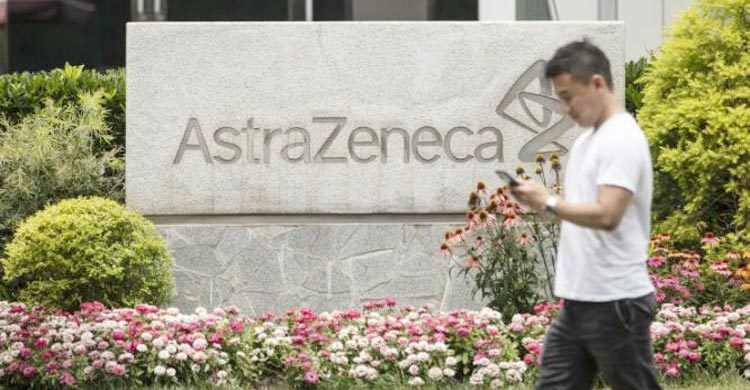Mexico needs 200 million COVID-19 vaccine doses; shots could start in April

Mexico will need up to 200 million coronavirus vaccine doses, according to a senior government official, and inoculation of its 120 million inhabitants could start as early as April if clinical trials and regulatory approvals for pharmaceutical firm AstraZeneca Plc go as planned.
In partnership with the governments of Mexico and Argentina, AstraZeneca initially plans to produce 150 million doses in early 2021 and eventually make at least 400 million doses for distribution throughout Latin America, reports Reuters.
AstraZeneca is among those working on COVID-19 vaccine candidates now in development around the world.
Mexico’s government also has said it is considering other options for bringing a vaccine quickly to its population, the second-largest in Latin America.
AstraZeneca will be able to produce between 30 and 35 million vaccines per month, Martha Delgado, a Mexican deputy foreign minister, told Reuters in an interview on Friday.
The vaccine could require two doses to be effective, Delgado said.
“If we need 200 million, we’re going to be vaccinating for a long time,” Delgado added.
Last-stage so-called Phase III trials are expected to conclude by November or December, after which AstraZeneca will seek government approvals if the vaccine is found to be safe and effective. If that goes smoothly, Delgado estimated the first vaccines in Mexico could be administered in April.
Mexico’s death toll of 55,908 stands as the world’s third highest, behind the United States and Brazil. Latin America’s 6 million cases and more than 237,000 deaths make it the world’s hardest-hit region.
To ensure all Mexicans have access to a vaccine, President Andres Manuel Lopez Obrador’s government is in talks with other pharmaceutical laboratories in different stages of developing a vaccine.
“Astra’s production isn’t going to be enough for Mexico. We need to supplement that with a couple of more vaccines,” Delgado said.
Mexico’s government has completed memorandums of understanding with French drugmaker Sanofi, Johnson & Johnson’s Janssen unit and Chinese companies CanSino Biologics Inc and Walvax Biotechnology Co Ltd.
CanSino and Walvax are interested in producing a vaccine in Mexico for delivery to the Latin American market.
Mexico’s health authorities are evaluating the Phase I and II clinical trials of those four companies and will determine the viability of Phase III studies in Mexico in the coming weeks, Delgado said. The earlier phase trials represent an initial test of a vaccine’s safety and effectiveness among small numbers of subjects.
To save time, Mexico’s federal health regulator COFEPRIS will start analyzing AstraZeneca’s completed studies and accelerate approvals if Phase III is successful.
“This is the country’s strategy to diversify our possibilities of having access to the vaccine as soon as possible ... and obviously at an affordable cost for the country,” Delgado said.







